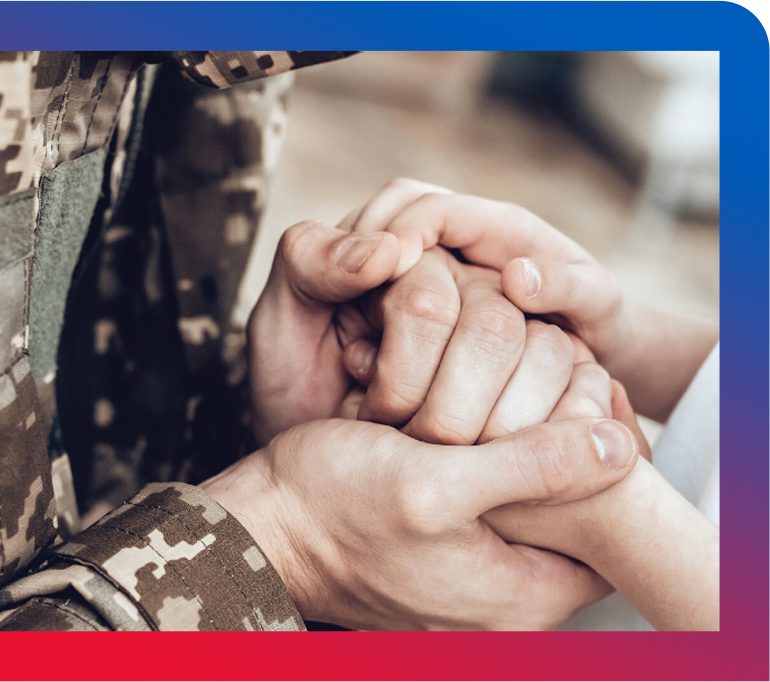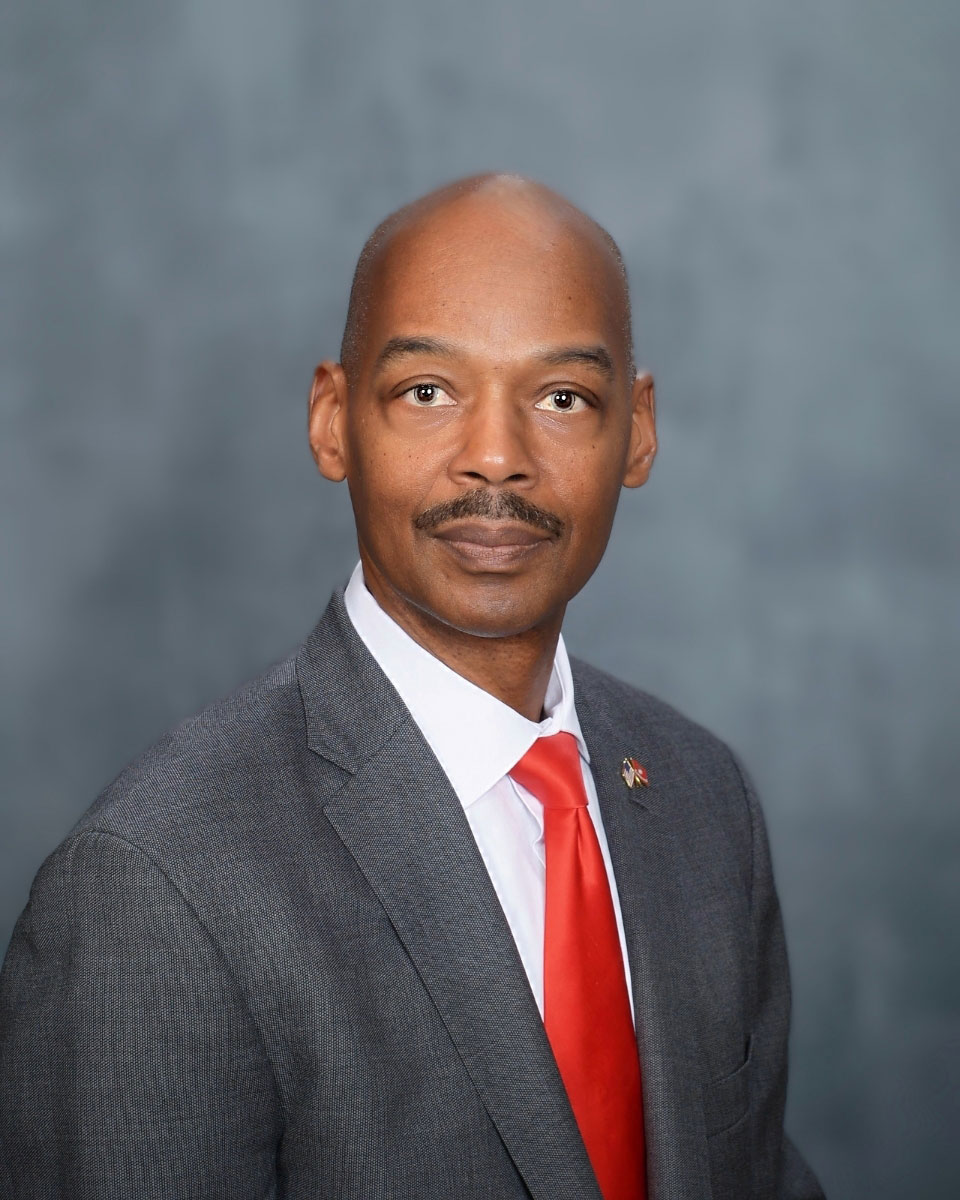Silent Veterans
(Silent Vets)
Silent Veterans (Silent Vets) provides resources for veterans facing
medical, economic, and housing challenges. Our resources include
mentorship, coaching, and career discovery for veterans across the
country. The target audience for Silent Vets is combat, non-combat
veterans, their families and caregivers. Specifically, we are
interested in reuniting veterans with fellow service members in
order to renew the bond formed while in service and provide an
ecosystem for family members and caregivers of veterans who
need a supported network.






